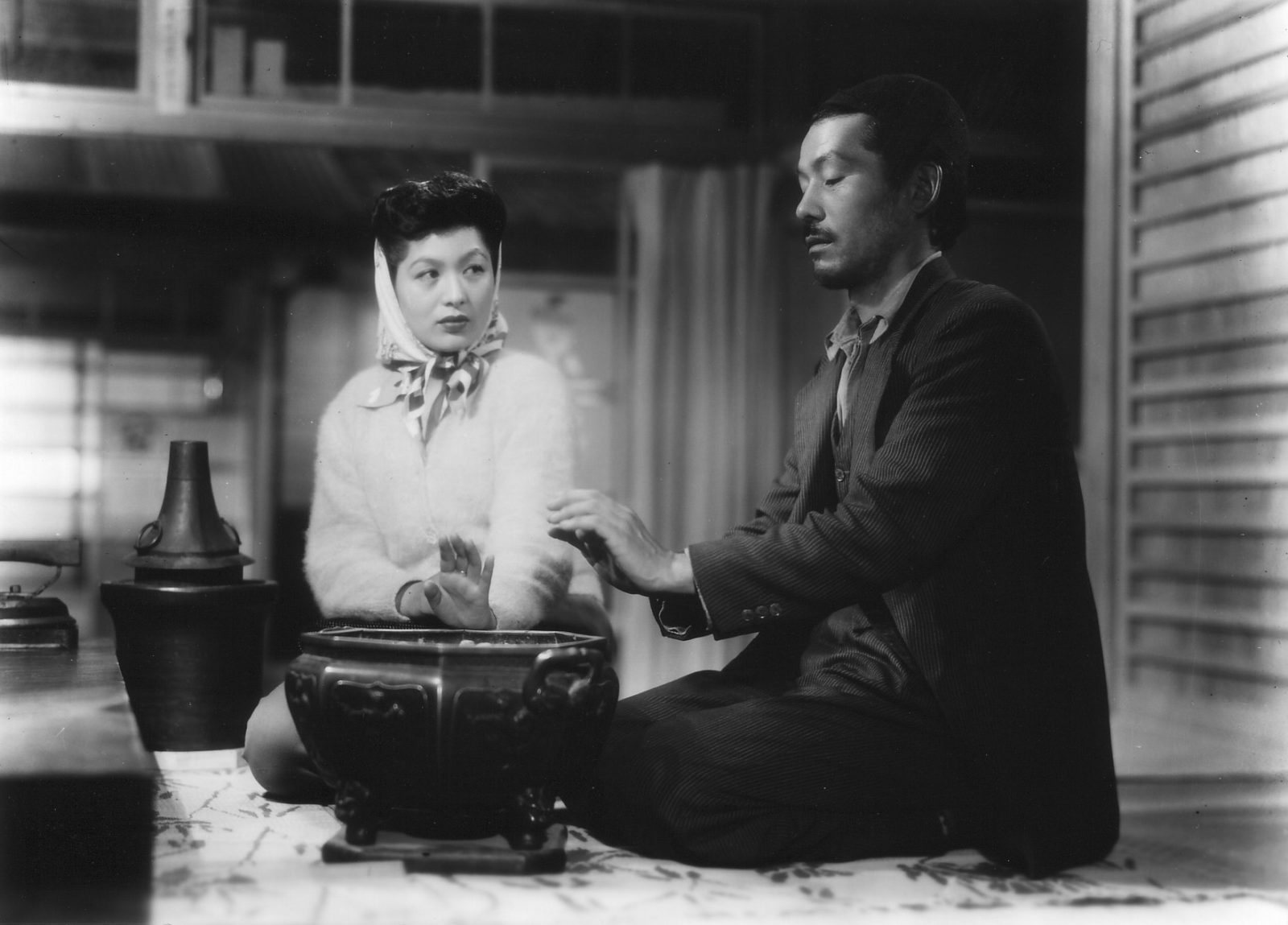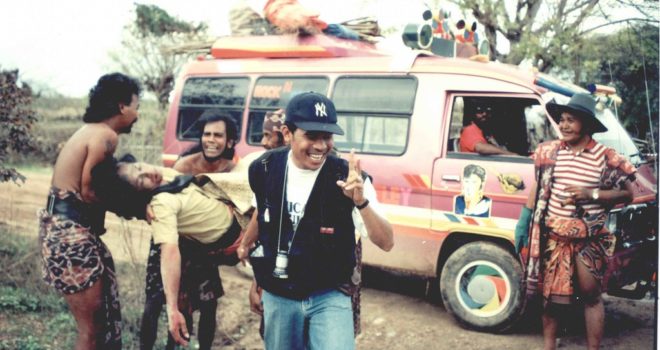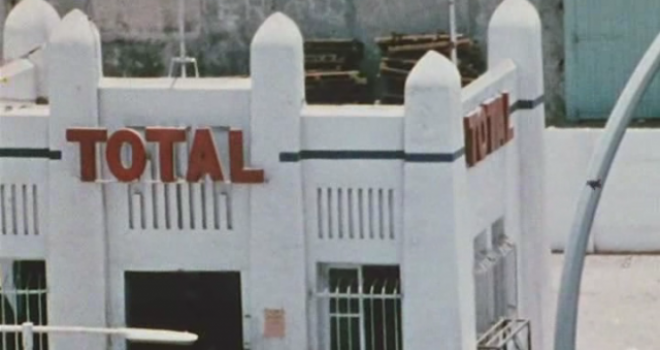In Japan, immediately after the war, a small boy is found in a poor district of Tokyo, but no-one wants to be burdened with him. After a random draw, he is entrusted to a cantankerous middle-aged widow who reluctantly takes him in.
What is immediately striking is the way that Ozu deals with reality and the apparent (and of course relative) tonal distance he seems to take to address his subject. Although never fooled by the situation, Ozu shuns any kind of depressing gloom and discouragement and perhaps develop a few arguments that, over time, would enrich his 1959 masterpiece, Good Morning. JB






